That public transportation in the Philippines is a mess of colossal proportions isn’t a secret, but once in a while you come across some examples demonstrating how totally screwed things actually are. We really often wonder how politicians can find any sleep at night, knowing full well what taxpayers have to go through just to commute to work and back every day.
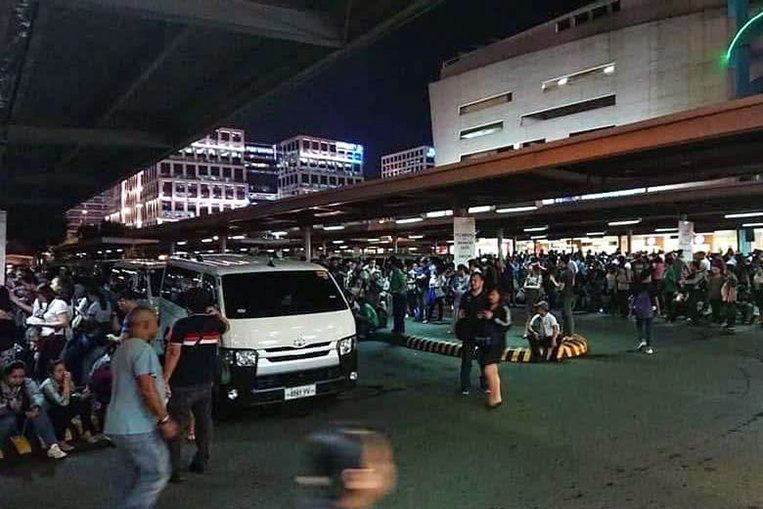
The first example comes in the form of a recent news story recounting the struggles of a commuter and his fellow passengers from Bacoor in Cavite, who these days have to get up hours earlier than usual in the hope of snatching a seat on a PUV heading toward Metro Manila. Things aren’t better on the way back either, when the 28-year-old Dennis Buckly and others have to wait three to four hours before being able to board a UV Express going home. As a result, their quality of life suffers greatly, and the season to be jolly is anything but.
The currently extra-bad commuter situation in Cavite appears to be caused by an ongoing crackdown on colorum vehicles by the national government. In particular, increased activities by the Inter-Agency Council for Traffic and the Highway Patrol Group have led to fewer unlicensed vans ferrying commuters around. The fact that this is a good thing at the heart of it—with unlicensed shuttle buses often also being unsafe—will likely be lost on commuters who have just seen their travel situation go from bad to worse. The Bacoor City Traffic Office is on record as stating they would love to help but the mandate to issue more franchises doesn’t lie with them, which is a subtle dig at the Department of Transportation and the Land Transportation Franchising and Regulatory Board. Maybe those two should have made sure enough legitimate public-utility vehicles were available before (rightly) impounding illegal people-carriers.
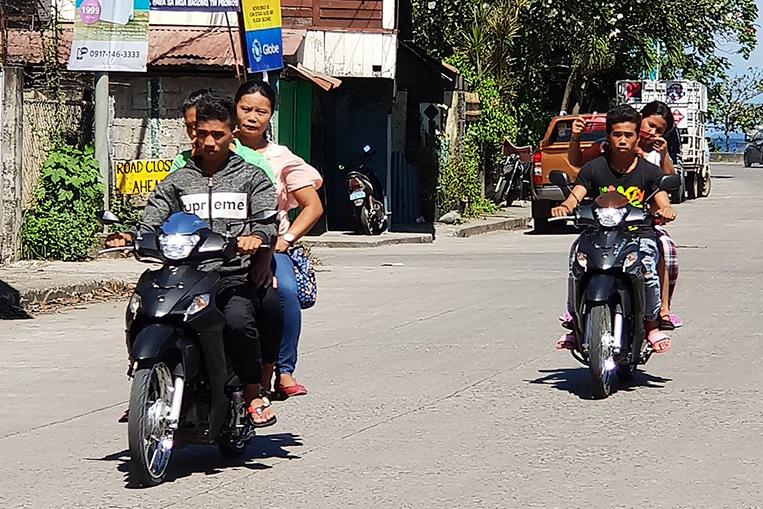
The second case of crazy motoring comes from Dumaguete in Negros Oriental, where a friend of ours is reporting some curious goings-on. Travel times for many commuters have more than doubled since a crackdown was launched on violators of some regulations, including motorbike riders who aren’t wearing helmets and tricycle operators who are driving on national highways. Even local bus drivers are no longer allowing standing passengers in an effort to avoid fines. Again, these regulations are actually good, but the reality of provincial life doesn’t quite agree with that.
Banning tricycles from national roads—a move that no doubt will have countless car drivers breathing a collective sigh of relief—has resulted in many people finding it hard to travel from town to town, as alternative means are not always available. Banning people from standing on buses means fewer passengers now get to ride them. As to motorbike riders without helmets: They really should wear head protection since doing so is required by law (plus, er, it’s safer this way). But now they are being hammered with fines that don’t exactly help when they can’t afford a helmet in the first place. Some motorbike dealers are now giving out free helmets with every purchase of a motorcycle, which is a step in the right direction.
So, things have gotten so bad in this country that if someone actually tries to run things by the book, the system simply collapses. Take the illegal PUVs off the road in Cavite and commuters are left stranded, because nobody has bothered to ensure that enough legal vehicles are available. Try and enforce the law in the province after years of doing things the wrong way and everyone is up in arms about it. Apparently, some local politicians in Negros Oriental also aren’t happy about this sudden shift toward being law-abiding, presumably in a bid to appease their angry constituents. That’s right: The people supposed to uphold the law are now rallying against it in an effort to remain popular. You can probably see why we’re in such a mess right now.

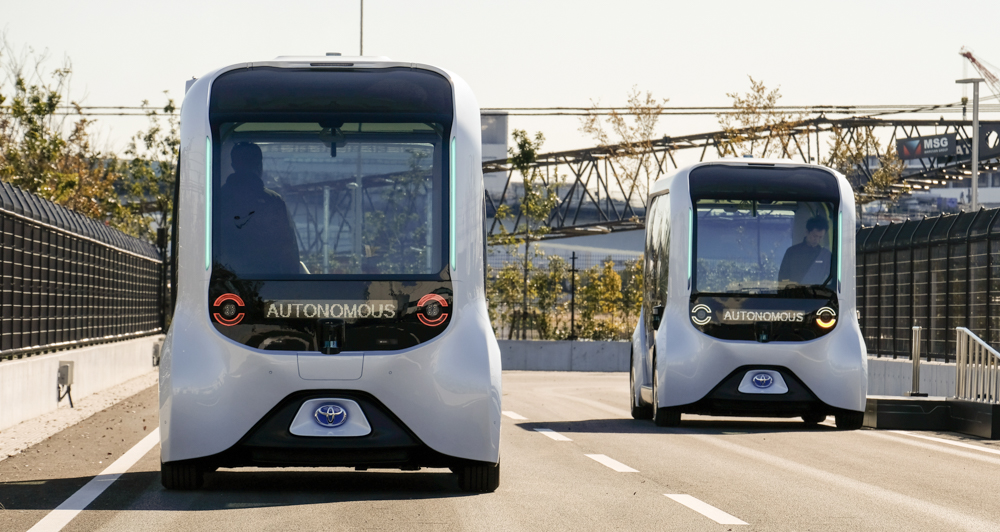




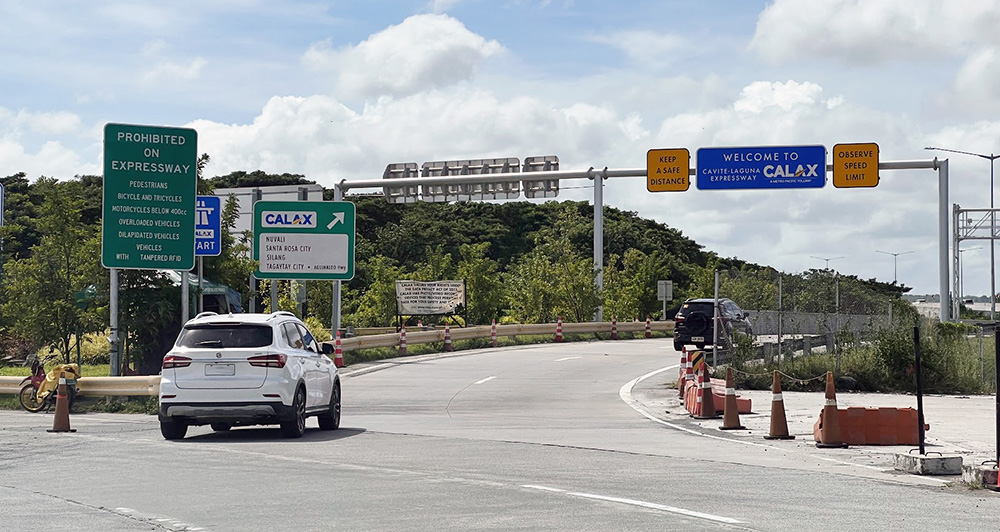



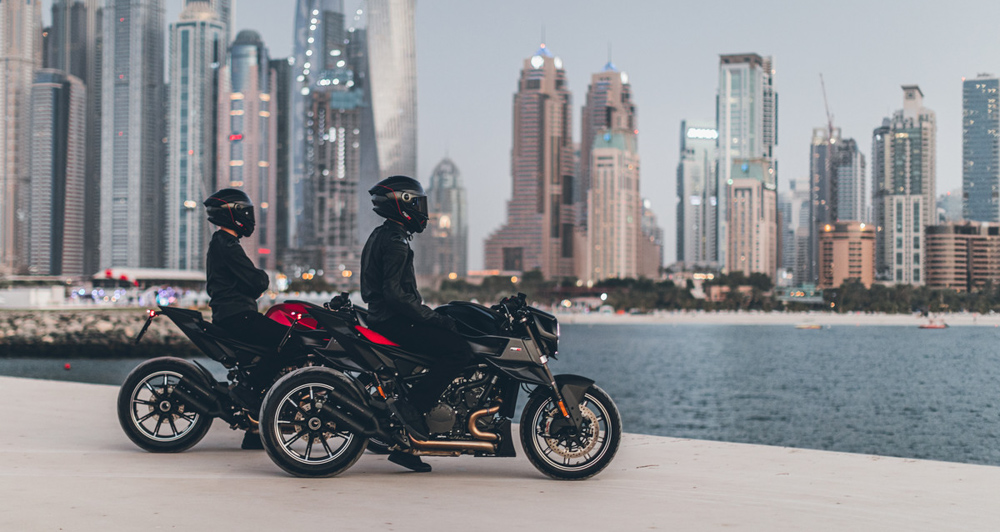
Comments